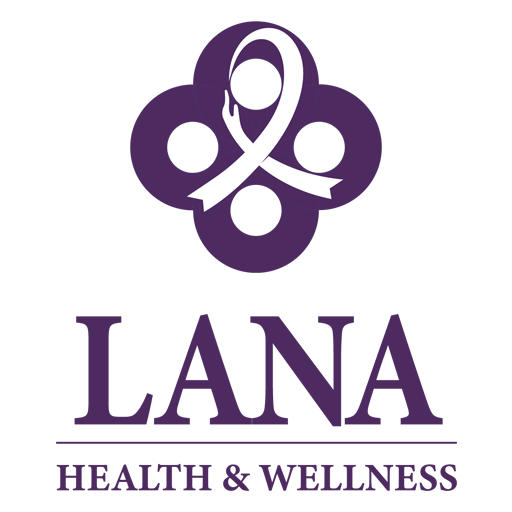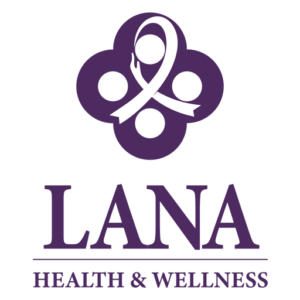Panchakarma Treatment Program (Deep Detox & Rejuvenation Therapy)
3 Days, 7 Days, and 14 Days
Daily Treatment Schedule
- Doctor consultation
- Abhyanga (40 Minutes Ayurvedic warm oil massage) +
- 20 Minute Basti
- 10 Minutes Ayurveda Acupressure /Marma +
- 20 Minutes Bashpa Swedana (herbal steam bath) +
- 20 Minutes Shirodhara (Bliss Therapy for mental rejuvenation)
- 10 Minute Floating Bed Warm Shower
About Panchakarma
Panchakarma therapy is India’s ancient science a detoxification and rejuvenation. These specialized procedures are performed by our knowledgeable and highly trained staff of Panchakarma specialists, under the direct supervision of Dr. Najma Premnavaz Panchakarma is designed to free up and release impurities/toxins from the deep tissues, organs and channels of the body, thereby supporting overall health and healing.Ayurveda defines health as the state where the digestive fire is optimal; the body constitution is balanced; the waste products are produced and eliminated normally; and the body, mind, emotions, and spirit are in harmony and at peace. This definition of health is the primary aim of Panchakarma.
Benefits of Panchakarma
- Cleared toxins from the entire system
- Balanced doshas
- Healed digestive system
- Enhanced immunity
- Decreased stress
- Anti-aging
- Improved skin lustre
- Weight-loss (if overweight)
- Deep relaxation
- Meditative outlook on life
- Enhanced mindfulness
Who Needs Panchakarma?
Practically everyone can benefit from a panchakarma procedure because the body is constantly creating toxins. That is why it is important to cleanse and detox the body regularly. These are the signs to know if you need a detox:
- A thick layer of coating on the tongue
- Feeling tired throughout the day, especially after meals
- Body aches and pains
- Uncontrollable cravings
- Foggy mind
- Bad breath, body odor, or flatulence
- Constipation or diarrheaThe purpose of Panchakarma is sodhana (purification). If a disease is treated with the sodhana approach, it does not recur. Thus, the panchakarma sodhana is the ultimate way to heal and re-balance the body.
The complete process of Panchakarma involves the following three steps:
-
Poorva Karma
This is a preparatory procedure required before the main treatment, to soften the tissues so that the lipid-soluble toxins deposited into them are liquefied and flow back into the digestive tract. From here, they can be eliminated. This treatment prepares the patient mentally and physically for the main procedure of Panchakarma.
It involves three procedures:
Pachan Karma – improves digestion with herbs and fasting so that the patient can digest the ghee (clarified butter) which is provided to liquefy the fat-soluble toxins.
- Snehan Karma – medicated ghee is given to the patient in increasing doses in order to aggravate and liquefy the fat-soluble toxins deposited in the deep tissues.
- Swedan Karma – a full body steam bath is given to the patient thereby opening up the body channels and allowing the heat to liquefy the toxins further. This facilitates their movement from the tissues to the digestive tract.
2. Pradhan Karma
This is the Panchakarma, a five-step procedure which is highly individualized depending on the needs, age, digestive strength, immune system, and other factors. This intense Panchakarma procedure can only be done under the guidance of an Ayurvedic practitioner.
The five karmas to cleanse the complete body are:
- Vamanam (therapeutic emesis) – induced vomiting which helps clear the upper GI tract to the duodenum (end of the stomach) and a part of the respiratory tract.
- Virechanam (purgation) – induced purgation clears the GI tract from the duodenum to the exit.
- Anuvasana (enema using medicated oil) – the oil enema helps lubricate the rectal area and remove the lipid soluble waste out through the anus.
- Nasyam – nasal inhalation of medicated substances which help clear the respiratory tract and the para nasal sinuses.
3. Paschaat Karma
This is a post-therapy dietary regime to restore the body’s digestive and absorptive capacity to its normal state. It includes rejuvenating treatments, lifestyle management, diet management, and intake of herbal supplements.
It includes the following procedures:
- Sansarjan Karma – food therapy after detoxification, which aims at gradually increasing the patient’s diet from liquids to semi-solids to a normal diet.
- Rasayan Adi Prayogam – a rejuvenating rasayan therapy which aids in increasing natural immunity and enhancing your general well-being.
- Shaman Chikitsa – a pacification therapy with herbs and lifestyle management.
It is important to note that a panchakarma procedure is designed specifically for an individual after a thorough physical examination and pulse diagnosis.
Hence, there is no universal package for everybody. These treatments can take a minimum of 7 days and may last as long as 21 days.



